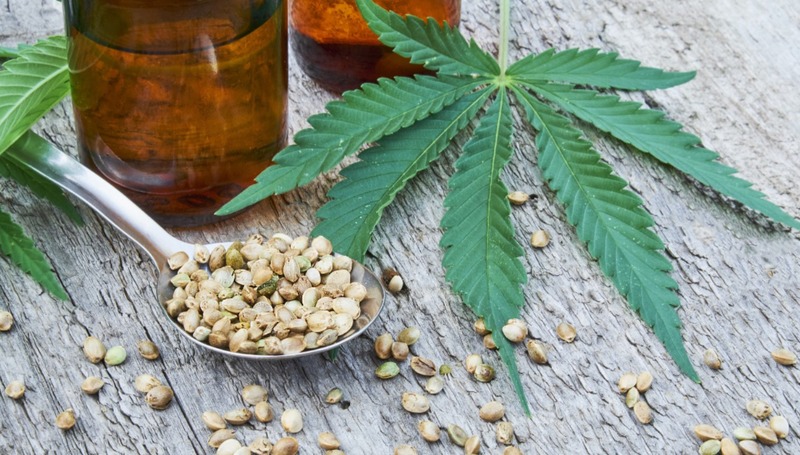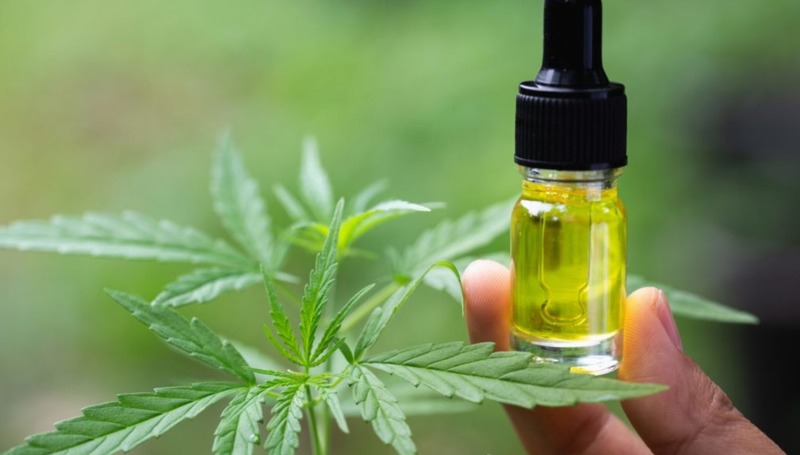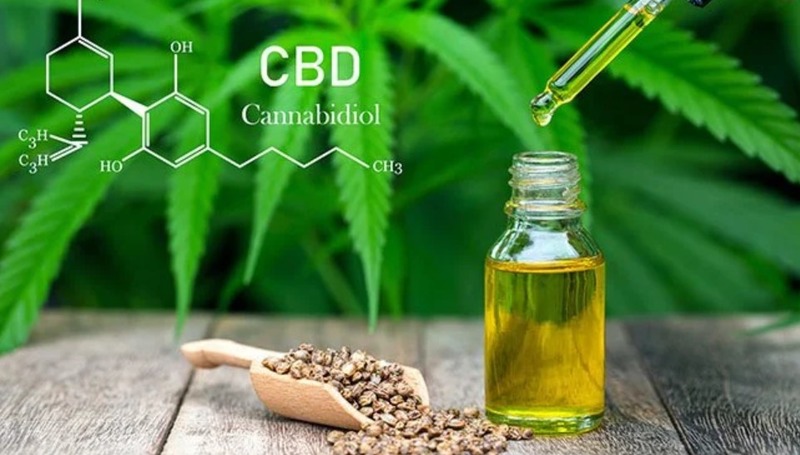What is CBD and How Does it Work?
Transdermal CBD, or cannabidiol, is a component of the cannabis plant that may be added to a transdermal oil to safely enter the circulation. CBD, unlike its parent compound THC (tetrahydrocannabinol), does not make people feel high or euphoric.
“However, CBD users have reported feeling system-wide, comprehensive effects including decreased pain and stress, as well as an increase in relaxation and joint range of motion,” he adds.

What are the Potential Benefits of Using CBD?
Cannabidiol (CBD) is being extolled for having a variety of health advantages, including pain alleviation, inflammation reduction, and anxiety relief. According to Engvall, scientists and practitioners are still discovering new things.
“Pre-clinical research and anecdotal evidence suggest that CBD has the ability to relieve sleep issues, stimulate bone growth, slow tumor growth, and aid with seizure disorders. It’s a “very simple yet extremely powerful” process.”
According to twelve-year G2O massage therapist, Janice Adams, not just her clientele are aware of CBD’s health benefits. She also states that a few CBD-rich drops of Mary’s Nutritional Remedy Tincture at the end of a busy day assist her in finding serenity. “It just helps me maintain my level of calm,” she adds.
A prescription cannabidiol (CBD) oil is considered to be a helpful anti-seizure medication. However, further study is required in order to assess CBD’s additional characteristics and safety.
Cannabidiol (CBD) is a chemical found in marijuana. CBD, unlike THC, does not have a psychotropic component (tetrahydrocannabinol). Oil is the most popular CBD product; however, it may also be obtained as an extract, a vaporized liquid, and oil-based capsule. You can buy everything from meals to beverages and cosmetics online if you know where to look.

Now, Epidiolex is the only FDA-approved prescription oil for the treatment of epilepsy. It’s allowed to help individuals with two types of seizures. State laws on CBD use differ considerably when compared to other states. While CBD is being investigated as a therapy for a range of diseases, including Parkinson’s disease, schizophrenia, diabetes, multiple sclerosis, and anxiety syndrome, there is still little evidence demonstrating its effectiveness.
CBD has some disadvantages, so it isn’t for everyone. CBD may induce unpleasant side effects including dry mouth, diarrhea, reduced hunger, drowsiness, and tiredness. CBD interacts with a variety of medicines you’re taking and might lead to bleeding problems. If you have any medical conditions or are taking blood thinners, it’s important to talk to your doctor before using CBD oil.
Another issue for buyers is the purity and quantity of CBD in pills. According to a recent study of 84 CBD products bought online, more than a quarter of them had less CBD than promised. Furthermore, THC was discovered in 18 of the items tested.
Is CBD Safe?
While CBD has few contraindications and no known drug interactions, some users have reported nausea, tiredness, or irritability as negative effects. CBD competes for liver enzymes that break down medicines in the stomach, increasing the amount of blood thinners and other medicines in your blood. Grapefruit has a similar effect on certain medications as CBD.
CBD can alter liver function in some users. In people who take large dosages of CBD, liver-related blood tests may be abnormal. Many non-prescription medicines, such as acetaminophen (Tylenol), have the same effect. So, if you’re taking CBD on a regular basis, tell your doctor about it.
Cannabidiol, or CBD, is a quite recent chemical. Despite its recent popularity, there are several issues regarding its health effects and legality that remain unanswered. Because it is mostly marketed and sold as a supplement rather than a drug, there is some doubt about its safety. At the moment, the FDA does not regulate the quality or purity of dietary supplements. Because of the lack of quality control, you can’t be certain that the goods you’re buying include active components in the quantities stated on the label. Furthermore, unknown chemicals may be included in the product. We also don’t know what constitutes a therapeutic dose of CBD for each disease category.
What are the Claims?
Cannabis plants high in CBD, which has been shown to treat anxiety, depression, and post-traumatic stress disorder, are marketed as a therapy for these problems. It’s also suggested to help people sleep. One of CBD’s major benefits is that it claims to be “nonpsychoactive,” implying that consumers can get therapeutic effects from the plant without being stoned or hungry at midnight.
Hemp is now becoming increasingly popular in the United States. It appears that no location is off-limits to CBD, from oils and nasal sprays to lollipops and suppositories. “It’s like Godzilla has taken over the room,” says Dr. Brad Ingram of the University of Mississippi Medical Center about all of the wild applications for CBD currently. He’s planning a clinical study on whether giving children and teenagers with drug-resistant epilepsy cannabis oil can help them overcome their condition.
What is CBD Oil?
Cannabidiol (CBD) is a cannabinoid, which is a chemical substance that affects various parts of the body and the brain. It’s derived from the cannabis plant, but unlike its twin, tetrahydrocannabinol (THC), which gives marijuana its “high,” CBD produced from the hemp plant is non-intoxicating and has been suggested to have health and wellness benefits. To improve bioavailability, it is diluted with a carrier such as olive or coconut oil after being extracted from the cannabis plant.
What is CBD Oil Used for?
CBD oil is a non-intoxicating, legal hemp product that has been studied for the treatment of several health issues, including refractory epileps y, chronic pain, depression, anxiety, and acne. However, there is still need for more substantial evidence because most of the research has been done on animal models.
According to a comprehensive study of CBD’s use for epilepsyn There is little evidence to support the usage of CBD for epilepsy, according to a comprehensive evaluation of its use for epilepsy. However, it did find that although in very low doses, small daily doses were safe in a limited number of adults for a short time.
According to animal study, CBD may help with osteoarthritis via topical application for inflammation or joint discomfort, but the therapeutic effects have been difficult to ascribe solely to CBT.
One study suggested that cannabis may help to relieve pain and muscular spasms in individuals with multiple sclerosis.
The first study, which looked at the impact of CBD on public speaking anxiety, found that a very particular dose (300mg) was effective in eliminating symptoms. The third research was a case study of one youngster with post-traumatic stress disorder (PTSD). According to the second paper, CBD oil helped the kid reduce her anxiety and improve sleep.
Because there have been no clinical trials, it is currently unknown whether CBD has the potential to aid with any of these issues. Before firm conclusions may be drawn, further human study is required for all of these uses.
